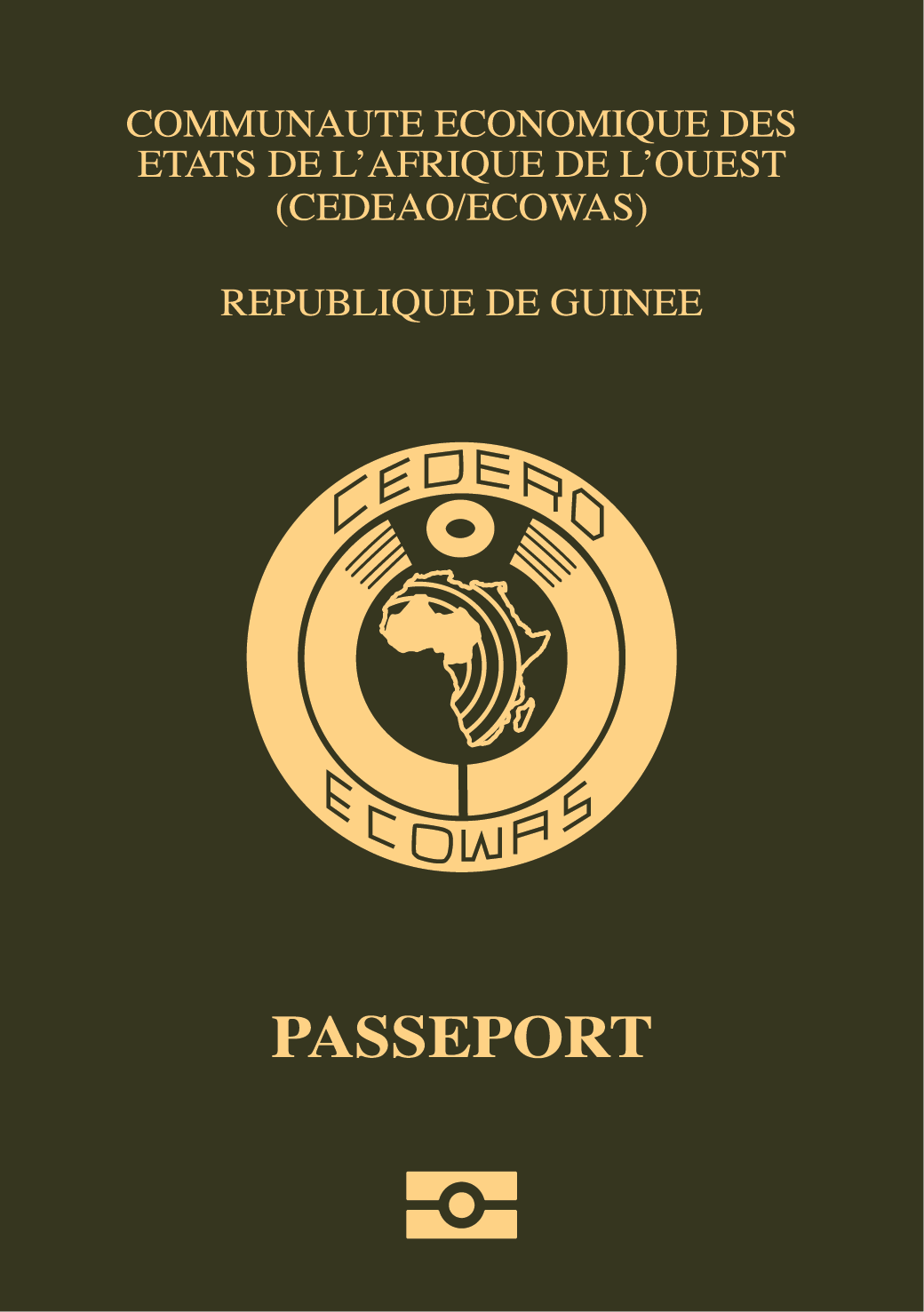Visa free access for Guinea
As a Guinea passport holder, you are permitted to travel visa-free to 57 countries and territories. This data is correct as of September 2024.
In order to travel visa-free, you will need a valid passport, often with at least six months until expiry. Additionally, you may need travel insurance, as required by your destination country.
Within these countries, there is often a separate section in airports where you can submit your Visa on Arrival. You will receive your visa on arrival (VOA) after entering the country that issued the visa.
Acquiring an eVisa follows the same process as applying for a traditional visa. The main difference with an eVisa is that you don’t need to visit a visa application centre. You can submit your application online, including making any payments relating to the visa.
Once the relevant authorities approve your application, you will receive a confirmation email regarding your visa status, along with a document that you must print and bring with you when crossing the border.
You will need a valid visa to enter the 57 countries with a Guinea passport.
About Guinea
Guinea, officially known as the Republic of Guinea, is located on the west coast of Africa. With a population of approximately 12.4 million people, it is known for its rich culture and diversity, with over 24 ethnic groups. The official language is French, but many local languages are also spoken.
The climate in Guinea is typically tropical with a wet and a dry season. The wet season runs from April to November, making the country incredibly lush and fertile. It’s a haven for wildlife, boasting a variety of national parks and reserves.
Guinea’s economy largely relies on agriculture and mineral production. It’s one of the world’s largest producers of bauxite, an aluminum ore, and has substantial deposits of diamonds and gold. Despite these resources, the country’s population remains largely poor and unemployment is high.
Guinea’s culture is rich with traditional music and dance playing a significant role in societal ceremonies and celebrations. The country is also renowned for its vibrant markets, where you can find everything from local crafts to fresh produce. Despite its challenges, Guinea offers a unique blend of natural beauty, rich culture, and potential for growth.

 Guinea
Guinea
































































































































































































































